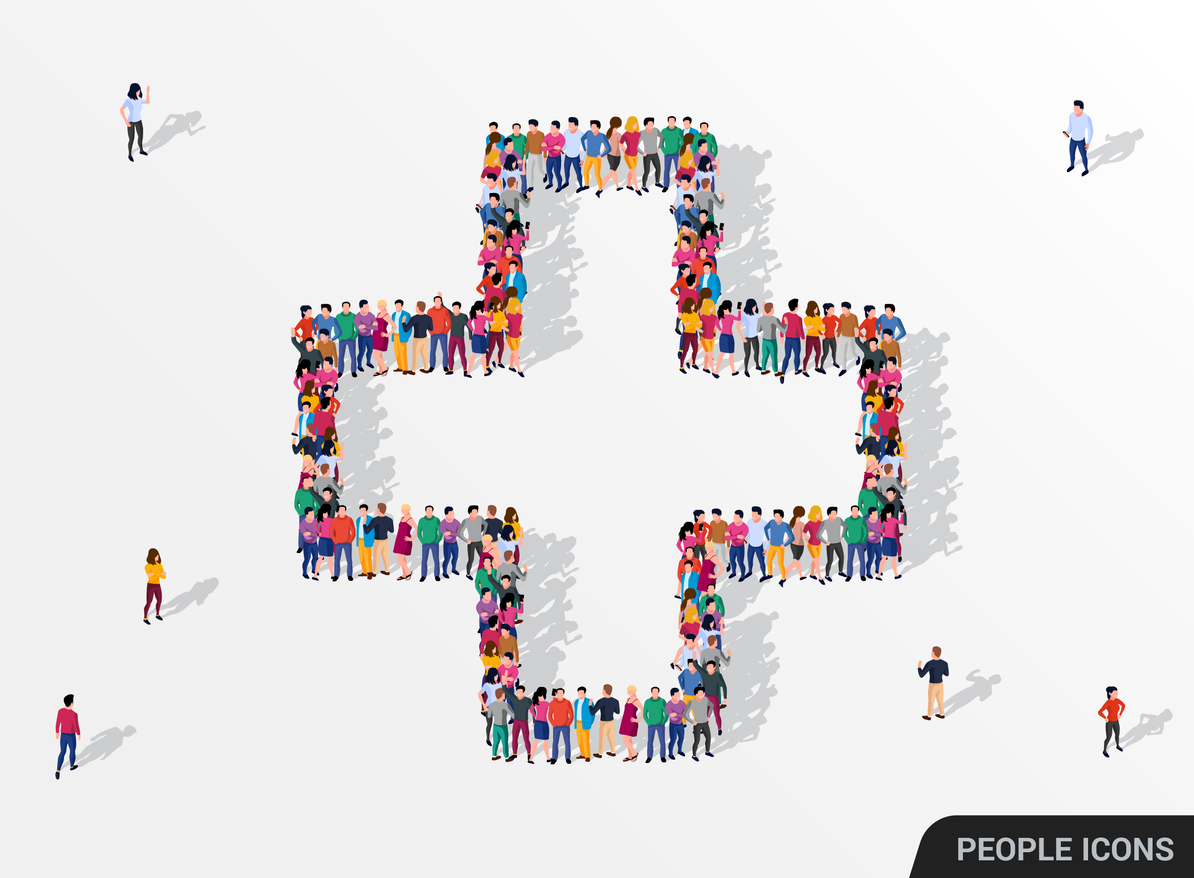
We seem to be at a time and place in the world where negativity, mistrust, and retaliation are the modeled ways to interact with others. We need to remember some of the basics that working with people goes much better and more is accomplished if we have positive, healthy relationships. Regardless of where you may fall on the political spectrum, or your views on religion, sexuality, diversity, equity, and/or inclusion, if we hope to survive, be productive, and thrive we must work together on building positive, healthy relationships with everyone we encounter. As a reminder, here is our Mandt list of the 16 items which are part of healthy relationships: Dignity, Respect, Honesty, Trust, Forgiveness, Patience, Kindness, Integrity, Humility, Courage, Justice, Honor, Empathy, Compassion, Accountability, and Consistency.
Let’s take a look at some of the possible actions we each could take to help.
Stop talking about and viewing people as big groups. See each person as an individual, not a part of some group to which they may belong. Not all people who identify with a particular political party, religious organization, social movement, etc. are the same. Rather than thinking about a group of people, focus on the one or two people who are your neighbors, coworkers, person receiving services, or people you encounter. Just because part of their life is different than yours does not mean they are a bad person or not worthy of a positive, healthy relationship.
Discuss small items while motivation is to improve the relationship. This requires a high level of honesty and trust. So many people will sweep little things “under the rug” because they think that will maintain the relationship. If we discuss those little things in order to improve our relationship while they remain little things we remove the likelihood of someone blowing up. Another way of saying this is if we discuss little things while we are all at baseline with our neocortex engaged we are far more likely to be able to come to some understanding. If we wait until someone ‘flips their top’, we are no longer able to discuss things rationally. This is when You statements are likely to be used and the relationship will be damaged.
Talk with, not about other people. When something happens or someone does something with which we disagree we should address that person, not go to others first to vent about what someone else has said or done. At some level we all love to vent or hear juicy gossip. This behavior, however, does not improve relationships. How would you feel if someone heard or saw you do something and didn’t address it with you. Instead they talked about it with their friends, or they went directly to your manager, or took some other course of action other than speaking with you about it. We would not like this if others did it to us, so we should not do it to others.
In any situation there are almost always going to be exceptions. When we encourage people to talk with others while their motivation is to improve the relationship, we are not suggesting that people put themselves into unsafe situations. If you believe that talking with a person would place you at risk, clearly that is not an opportunity to speak with the person. This is also an indicator that your relationship with that person is currently not a positive, healthy relationship and other things need to happen first.
The list discussed in this blog is far from all inclusive. It is at least a start. So, if each of us take a moment during our daily activities to examine are we really following the best course of action? Or, are we taking the easy way out? Maybe we feel we need to ‘get even’ for something that person did to us previously? Whatever the reasoning may be, ask ourselves the question of is my current action going to help build a positive, healthy relationship? Once we have that answer that should help us figure how to best respond to the person.
Dr.Dale Shannon – Director of Corporate Governance



